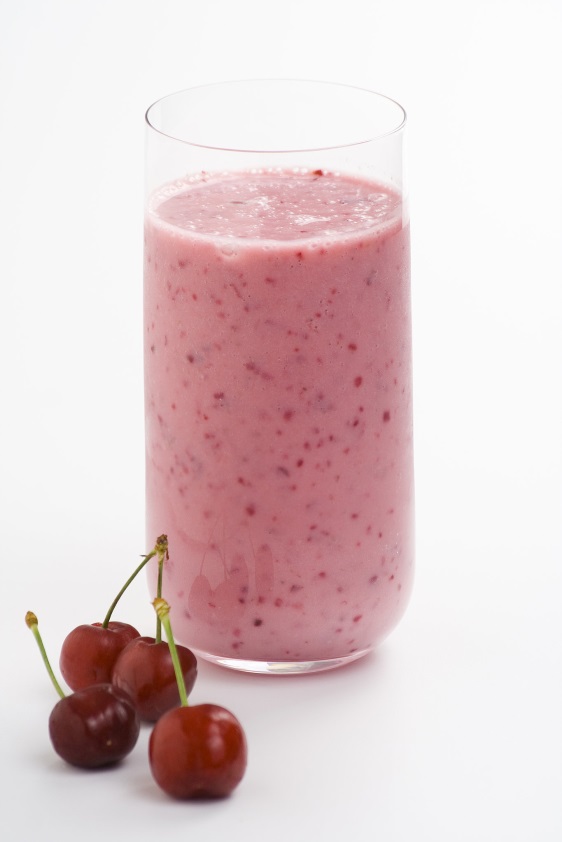Recovery
When recovering from anything, be it the common cold to a more serious infection, sports injury, or night out consisting of heavy drinking, there is a period of time that allows for recovery. However, depending on your nutritional reserves and environmental stressors, this “recovery” period can be drastically shortened.
Basically, the body utilities nutrition in the forms of carbohydrates, fats, proteins, vitamins and minerals to synthesise the cellular components needed to come back in to balance (homeostasis).
The second factor to consider is your ability to absorb what you’re eating. This means you require a hospitable environment for “good” bacteria and healthy gastric tissue in your digestive system. This is easily achieved by:
- not having an overly acidic diet (i.e. coffee, refined sugar, alcohol and preservatives);
- timely bowl movements to negate stagnation and promotion of bad bacteria;
- minimizing emotional stress by finding ways to change your philosophy and priorities in life;
- hydration; and
- ensure daily abdominal muscle movement to enervate the abdominal organs electrically, supply blood to this region and promote mechanical movement of the muscles over the intestines to support motility and reduce flatulence and bloating.
Foods to help with gut motility and thus intestinal tissue health include soluble and insoluble fibre. To find the difference, simply place it in water and see if it swells and turns into gel as it absorbs water or not (solubility).
Insoluble fibre (prebiotic) – celery, garlic, wheat bran and vegetables. The starches are not broken down as such and therefore provide food for the “good” bacteria. This also physically helps clean the intestines.
Soluble fibre – this fibre forms a gelatinous substance as it interacts with water and thus promotes stool formation, captures toxins, sweeps out the intestines and keep you feeling full (weight loss + heart disease). These include most cereals and fruits.
All these external helpers will not prove too much avail if your cells are constantly receiving nervous system signals that the organisms’ environment is dangerous or negative. The cells will act as such, in the way it expresses its genetic material (epigenetics). This will promote a state of exhaustion via catabolism (break down structurally and biochemically). To rectify this, strong and happy signals from the brain and nervous system need to be read by the cells membrane. This may mean challenging some of your belief systems you operate your daily life and interactions from.
Food For Thought: The fact that our body breaths for us is proof that it knows what to do, how to do it and when to do it. You just need to let it!
CHERRY COCONUT SMOOTHIE
 • 150g (1 cup) fresh or frozen cherries
• 150g (1 cup) fresh or frozen cherries
• 250ml coconut water/ milk
• 1 banana
• Organic pea protein
-Blend until smooth
*Providing electrolytes, protein and minerals essential for cell rebuilding.


